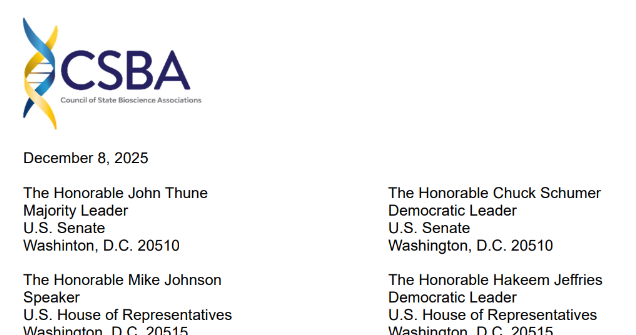Wellstar Health System and Augusta University Health System Announce Definitive Agreement for Statewide Partnership
On March 31, 2023, Wellstar Health System and Augusta University Health System (AUHS), with approval from both organizations’ boards, reached an agreement to form an innovative, new partnership that will create a broader affiliation with the university’s Medical College of Georgia (MCG).
Wellstar, AUHS and MCG share a mission to solve health care challenges across the state, and together, they will drive significant advances in clinical care, academic teaching and research in Georgia. By combining the best of community health care and academic medicine, the organizations will make a transformational impact on improving the health and wellbeing of each patient they serve – creating a healthier future for Georgia.
To accomplish this, the partnership will focus on five key areas:
- Access to Expertise: Creating an ecosystem of care that provides the most advanced clinical care, innovated academic teaching models, and lifesaving research to all corners of the state and beyond.
- Expanding the Pipeline of Clinicians: Making significant investments to increase the number of clinicians trained in Georgia at the Medical College of Georgia.
- Care Innovation: Creating new and innovative clinical care offerings and models to enhance the health and well-being of patients we serve.
- Pediatric Care: Bringing Wellstar and AUHS’s exemplary pediatric care to more Georgians across the state through Children’s Hospital of Georgia and Wellstar’s dedicated pediatric care and emergency departments.
- Digital Health: Making significant investments in improving clinical IT, modernizing digital care centers, and adding remote care offerings backed by the academic medical expertise of the Medical College of Georgia.
Most of the day-to-day operations will stay the same, and patients will continue to access care as they currently do. The organizations are excited for the benefits this partnership will provide and are confident about the opportunity to transform health care through a better patient experience, more accessible care and better value.
For more information, read the full announcement here.




